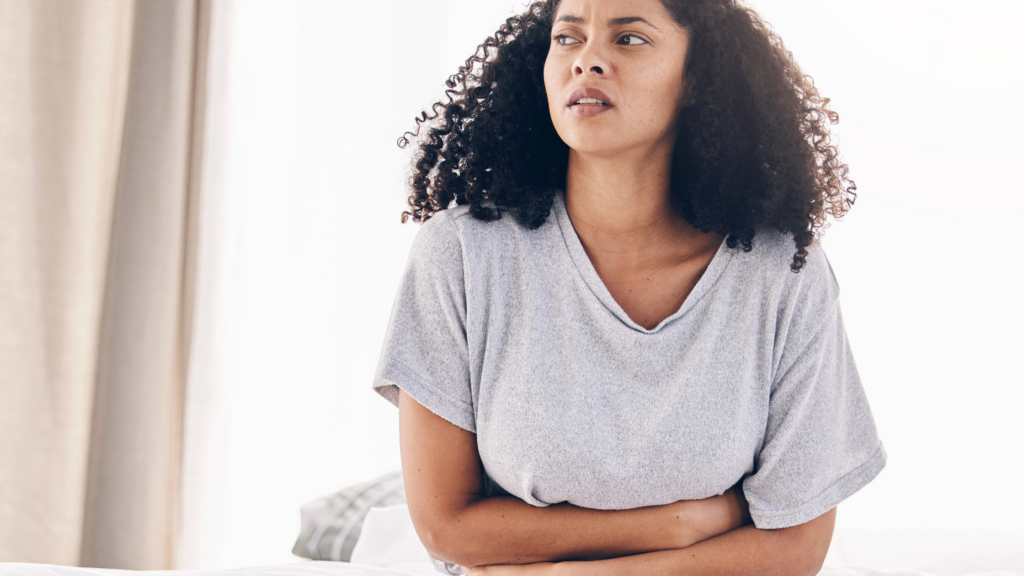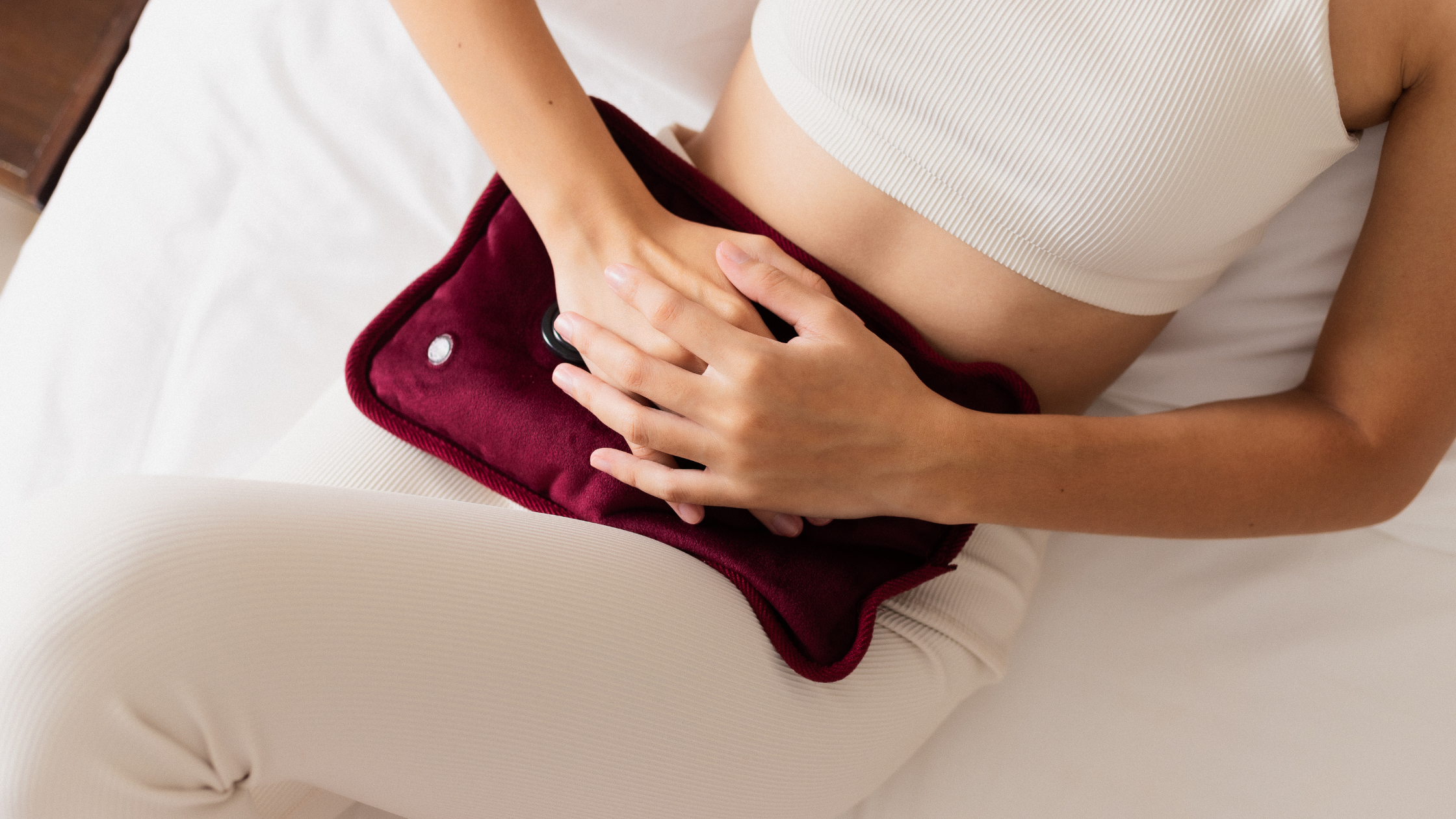Key Points to know:
- The complex relationship between the menstrual cycle and sleep, focusing on Caribbean women.
- Breakdown of the menstrual cycle into four phases and their impact on sleep.
- Discussion on sleep disruptions associated with the menstrual cycle.
- Consideration of Caribbean cultural and environmental influences on sleep and the menstrual cycle.
- Practical tips for improving sleep quality throughout the menstrual cycle.

In the heart of the Caribbean, where the sun kisses the sea and the rhythms of life flow as freely as the tides, women embark on a monthly voyage that is as mysterious as it is profound. The menstrual cycle, with its intricate ballet of hormones, weaves through the fabric of their lives, subtly influencing their nights’ rest. ISD Health Solutions, as the torchbearers of sleep health in the Caribbean, shines a light on this nuanced interplay, guiding women to harbor through informed understanding and practical insights.

Understanding the Menstrual Phases
The menstrual cycle can be likened to a symphony in four movements, each with its own tempo and mood. Initially, the menstrual phase ushers in a time of renewal, where sleep might come easier, thanks to the drop in progesterone. As we sail into the follicular phase, estrogen takes the helm, potentially bringing more restful nights until ovulation, where the sea of sleep can turn turbulent with rising temperatures and shifting hormones.
The luteal phase, akin to the crescendo in our symphony, can be the most challenging. Progesterone peaks, and sleep may become a fleeting treasure, hidden among waves of restlessness and night sweats. It’s during this phase that many Caribbean women find themselves yearning for the soothing lullabies of uninterrupted sleep, as detailed in studies and resources from the Sleep Health Foundation and extensive research available on PubMed.
Sleep Disruptions and Solutions
The connection between sleep and the menstrual cycle isn’t just folklore; it’s woven into the very biology of Caribbean women, influenced by a cocktail of hormones and the unique lifestyle of the islands. The premenstrual period, with its notorious mood swings and discomfort, can often be the biggest culprit in stealing away the night’s peace. But it’s not all stormy seas. By charting the course of their cycle, women can anticipate these shifts, adopting strategies like adjusting room temperatures, embracing relaxation techniques, or even tweaking their diet to smooth the waters.
Cultural and Environmental Considerations
The vibrant culture and environmental factors of the Caribbean add unique layers to the menstrual-sleep nexus. The region’s warm climate, for instance, can exacerbate sleep disturbances during the luteal phase, making cool, breathable sleep environments a treasure worth seeking. Moreover, the communal and festive lifestyle, while a source of joy, can also challenge regular sleep routines, highlighting the need for flexibility and mindfulness in sleep practices.
Practical Tips for Smooth Sailing
Caribbean women can arm themselves with practical tips and strategies. Simple adjustments like maintaining a consistent sleep schedule, indulging in calming pre-bedtime routines, and creating a sleep-conducive environment can make all the difference. Embracing mindfulness practices and gentle physical activity, especially during the more turbulent phases of the cycle, can also help calm the nocturnal seas.
ISD Health Solutions is more than just a guide; it’s a companion on this journey, providing personalized support and expert advice tailored to the unique needs of Caribbean women. Get a sleep consultations to better understand, your path to better sleep.

A Lullaby for the Caribbean Soul
The dance between the menstrual cycle and sleep is a delicate one, filled with nuances that can either disturb the night’s peace or lull it into a deeper rest. For Caribbean women, understanding this interplay is not just about better sleep; it’s about embracing their rhythms and cycles, finding harmony between their bodies and the vibrant world they inhabit.
Sources
- Sleep Health Foundation Link: https://www.sleephealthfoundation.org.au
- PubMed: Link: https://pubmed.ncbi.nlm.nih.gov
- Caribbean Public Health Agency (CARPHA): Link: http://carpha.org
- National Sleep Foundation: Link: https://www.sleepfoundation.org
- Women’s Health Concern: Link: https://www.womens-health-concern.org


